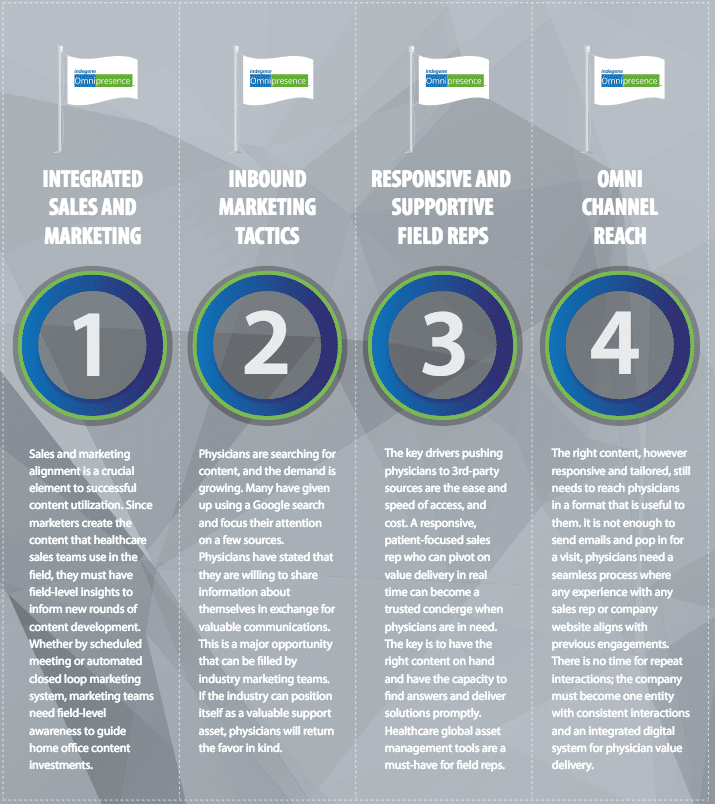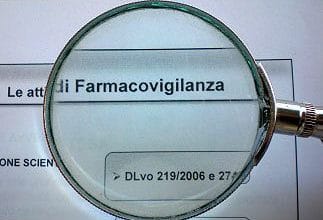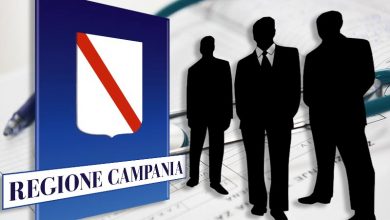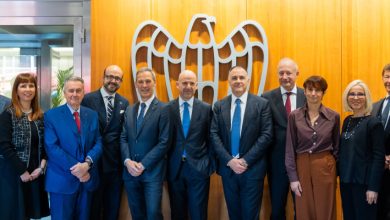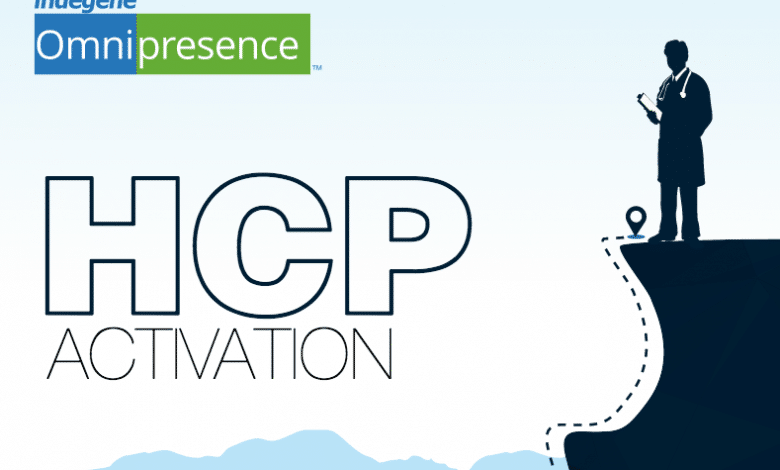
use theartificial intelligence to launch new drugs on the market? And what that Indegene, a Bangalore-based pharmaceutical consultancy, is trying to break new ground with its next-generation platform.
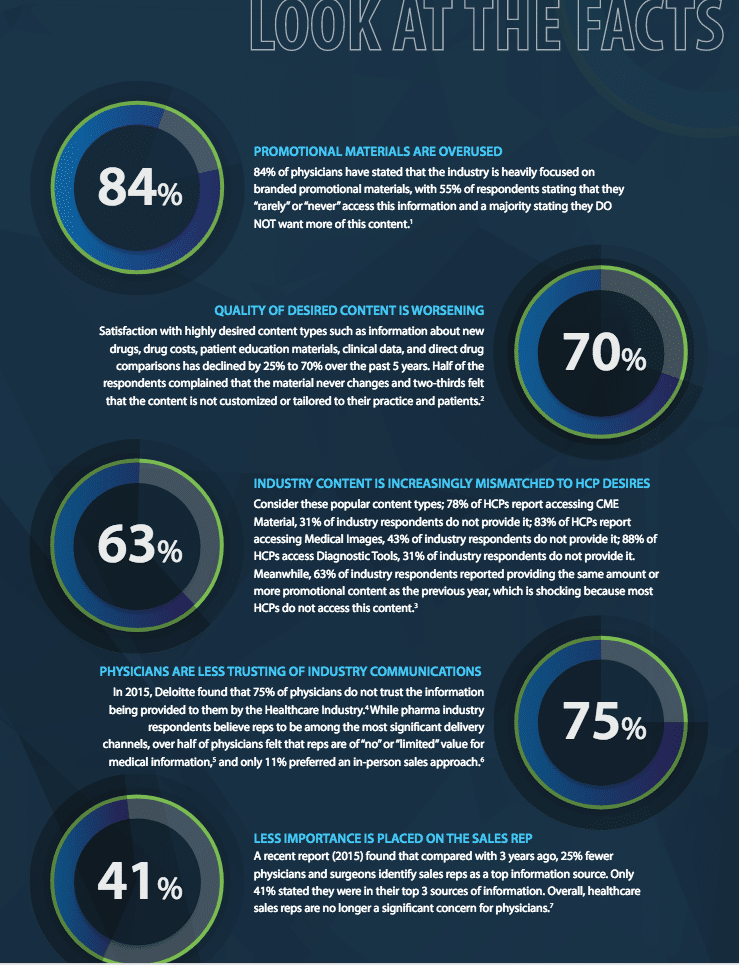 Indegene's new model, based precisely on artificial intelligence, aims to become a more effective and convenient modern approach for drugs with limited economic yield.
Indegene's new model, based precisely on artificial intelligence, aims to become a more effective and convenient modern approach for drugs with limited economic yield.
The platform uses telesales relays, targeted digital communications, data and analytic tools such as medical affinity models and prediction scores to maximize launch budget and time to profitability.
His weak point? Drugs with expected annual revenues in the range of $100 million to $450 million.
"If a molecule doesn't bring in $500 million to $1 billion, we believe there's no reason to do a traditional launch," he says. Gaurav Kapoor, Executive VP of Indegene. “Traditional launches are too expensive, complex and time consuming. Indegene's digital model reduces the impact of all these elements”.
That of Yosprala, of the US Genus Lifescience, it will be Indegene's first drug launch on the market.
The rollout will begin with a combination of six to eight media channels, such as email, social media, websites, peer-to-peer connections and direct mail, customized for each clinician.
Indegene creates profiles that include preferences for media channels, content types, devices, and frequency.
 This information is combined with physician prediction scores to further personalize and target marketing.
This information is combined with physician prediction scores to further personalize and target marketing.
Telesales managers manage direct contact with the doctor with chat, data sharing and follow-up calls.
Related news: Indegene. Next Generation Product Commercialization
Scientific information on drugs. Health, information or advertising. What future?
Social media? A double-edged sword
Privacy, inspections on telemarketing and Local Health Authority data underway
Great Pharma War: India criticizes US crusade against cheap drugs
Ed.:
Obviously the above article is an editorial with advertising purposes, even if, as always, it is difficult for a Bangalore company to immerse itself in the Italian reality.
 The real risk that can be glimpsed, often already a reality, is the perniciousness of the information/advertising that is offered to healthcare professionals. There is an oversupply with which all companies (they all do the same thing) have (e-mail; telephone; etc.) which at best disturbs the recipient. Increasingly similar to those who propose new gas and electricity or telephony contracts via telephone, unmissable commercial proposals, etc. etc. In the end, with kindness or not, the answer always becomes the same NO THANKS. [SB]
The real risk that can be glimpsed, often already a reality, is the perniciousness of the information/advertising that is offered to healthcare professionals. There is an oversupply with which all companies (they all do the same thing) have (e-mail; telephone; etc.) which at best disturbs the recipient. Increasingly similar to those who propose new gas and electricity or telephony contracts via telephone, unmissable commercial proposals, etc. etc. In the end, with kindness or not, the answer always becomes the same NO THANKS. [SB]
Once upon a time (because it's a fairy tale for simple minds) there was a sentence from the Cassation which said: "The consumption of medicines is not regulated by the criterion of pleasure, but by that of utility, mediated by the medical profession, so that doctors are the recipients of a specific form of advertising which aims not at abstractly advertising the product by praising its virtues or pleasantness view of the package, but to inform them of the nature and pharmaceutical uses of the product, in which cases it is indicated, in which it is not and in which it is even harmful (see Cass. n. 25053 of 2006; see also v. Cass. n. 8844 of 2014; Cass. n. 2349 of 2013; Cass. n. 5494 of 2013)"
In all of this, the absence of AIFA is striking, which has never dealt with ISF, in its inspections it has never checked if there is a Scientific Service and if there is if it is independent from marketing and if this Service really has its own depends on the ISFs, has never expressed itself on the inclusion of the ISFs in the functional area of marketing in the CCNL, has never expressed itself on mock contracts of fake VAT numbers for the ISFs, has never explained how an "autonomous" ISF can be paid commissions on sales and how can the "autonomous" ISF depend on a corporate Scientific Service as required by law, and how is it possible that it is 13 years late from issuing its guidelines on scientific information?
In 2006, an analysis by Farmindustria found that the excessive, insistent and harassing "propaganda" of drugs implemented with the excessive increase in the frequency of information visits, especially for some categories/products considered to have high growth potential, had actually produced a whole series of measures aimed at containing that intrusiveness and, again according to the investigation, Farmindustria had ascertained that the doctors remembered only 4% of all the visits made by the ISFs. That finding had resulted in 15,000 ISF layoffs and ever-tighter rules from regulatory authorities.
The solution proposed by Farmindustria was: reduction of the frequency of information visits where the contents had to have more space to be discussed and the value of the knowledge and competence of the ISFs became more important than the pure relational aspect.
Has history taught us nothing? Those who ignore history have no future. Unfortunately it is our future

